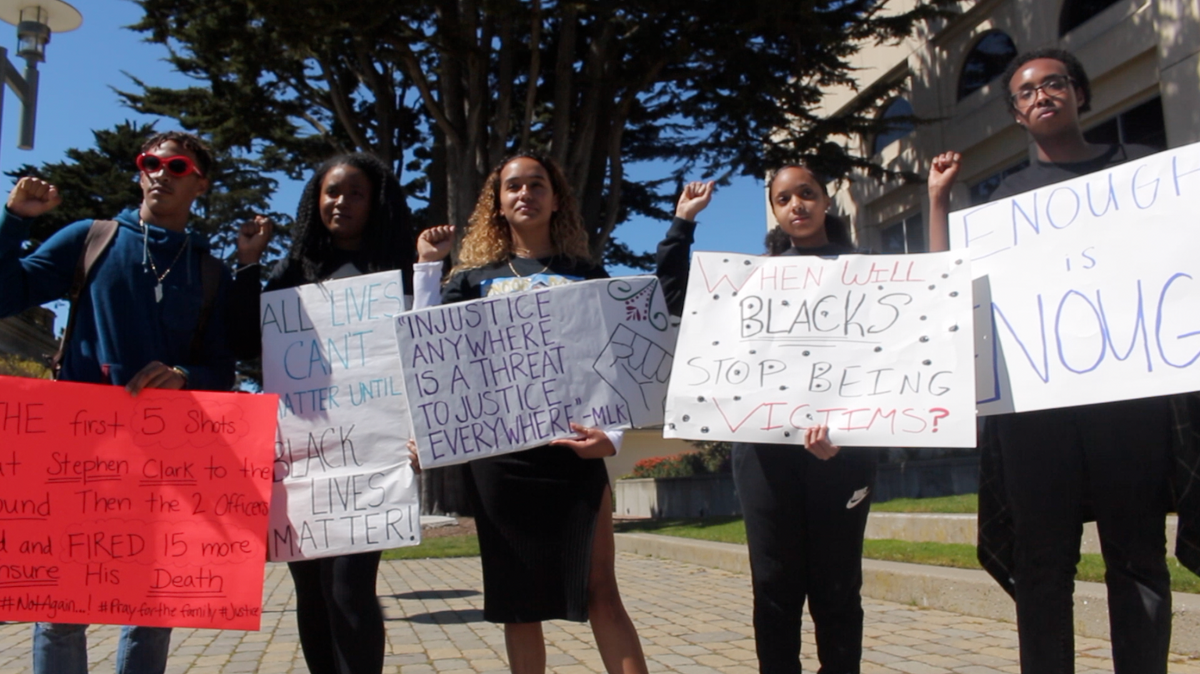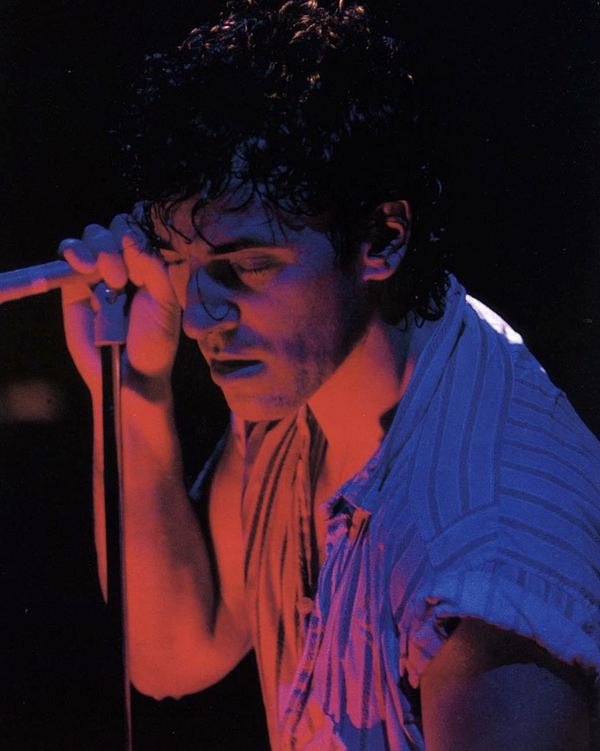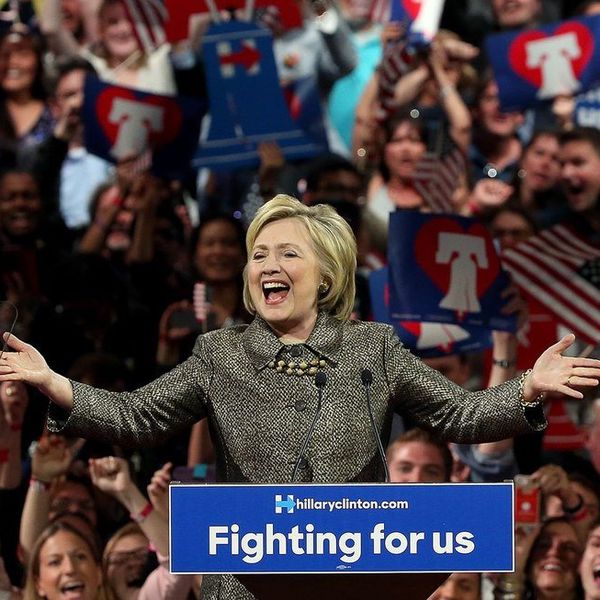A 22-year old man. A father of two. A brother. A son.
Another unarmed black man has unrightfully gone as a result of police brutality.
His name was Stephon Clark.
By now, most people have heard the tragic story of Stephon Clark, one that could be put into a folder of other black names with the same unjust ending to their lives. Although the details and politics of this story are important to be heard, that is not what this article is about. This article is about the death of Stephon Clark; not the gruesome details of how he died, but rather how his name and story are being used to bring communities together.
In times like these, it is natural to not know what to do except grieve. In the midst of doing this, USF student, Shalieze Motley, overcame her initial feeling of helplessness and figured out a way to show support to Stephon Clark's family. Shay, a first-year undergrad student, heard about the death of Stephon Clark when in her dorm, and when it came time for her to get up and go to class, she couldn't seem to do it. "How could I go to class, continue to go to a private university, and work outside of my community when people were dying in it?" she remarked.
Shay took time off of school to relax all of the intruding thoughts on her mind, and while doing so, was upset to find out that she would not be able to go to the memorials and protests in her hometown of Sacramento where Stephon Clark was killed because of responsibilities to attend work and classes. Following these realizations, Shay decided that rather than being upset and not doing anything about it, she would find a way to address her concerns.
By simply editing a flyer and posting it on social media, Shay began to organize a protest on the campus of the University of San Francisco. She reached out to the Black Student Union and clubs ran by USF's black students who got behind her idea and helped reach out to people to make it happen. Emails were sent to what students, professors, and faculty that could be reached and flyers were hung up around school, and on the Monday afternoon after Stephon Clark's death, the protest took place.
Shay asked the students of USF to "show up and show out," and that is exactly what they did. Nearly 100 students, professors, alumni, and faculty gathered in Gleeson Plaza with posters in their hands, love in their hearts, and voices to speak up on the matter on their mind. Shay gave an opening speech to start off the protest followed by Yaqub Elmi introducing call and response chants that the protestors partook in as they marched around campus.
"Say his name. Stephon Clark!"
"What are we going to end? Police brutality!"
"Because why? Black lives matter!"
"Who matters? We matter!"
After marching around campus making their voices heard through chants, the protestors recollected back at their meeting point where they then had an open forum for anyone to speak. Primarily students spoke with a professor or faculty member here or there, and words of optimism and support were shared with the inhabitants of USF's campus. Not only did these people show support for those directly affected by Stephon Clark's death, but a strong solidarity with all members of the black community which has been most evidently afflicted by police brutality.
While the forum focused mainly on Stephon Clark and the feelings that are associated with his murder, a large part of the conversation also pertained to how all of the protestors got there that day. Shalieze is only 18 years old and took it upon herself to put this protest together without ever organizing something this big before. No faculty member or adult oversaw what Shay was doing or told her how to do it, she just had an idea she was so passionate about that she brought it to life and to the campus of USF.
Whether it is a rally with hundreds of thousands of people at Washington Square Park or a protest of 100 students on a college campus, change can be brought in many different ways. Although it is easy to feel as though one voice will not make a difference in a world where every voice is shouting to be heard, that does not mean that someone with a drive for a specific cause should silence themselves.
Being young or a minority can often come along with the misconception that your voice cannot be as loud as someone with more experience or power, but if you are passionate enough about a cause and can find the initiative to do something about it, your voice can go a long way.



















